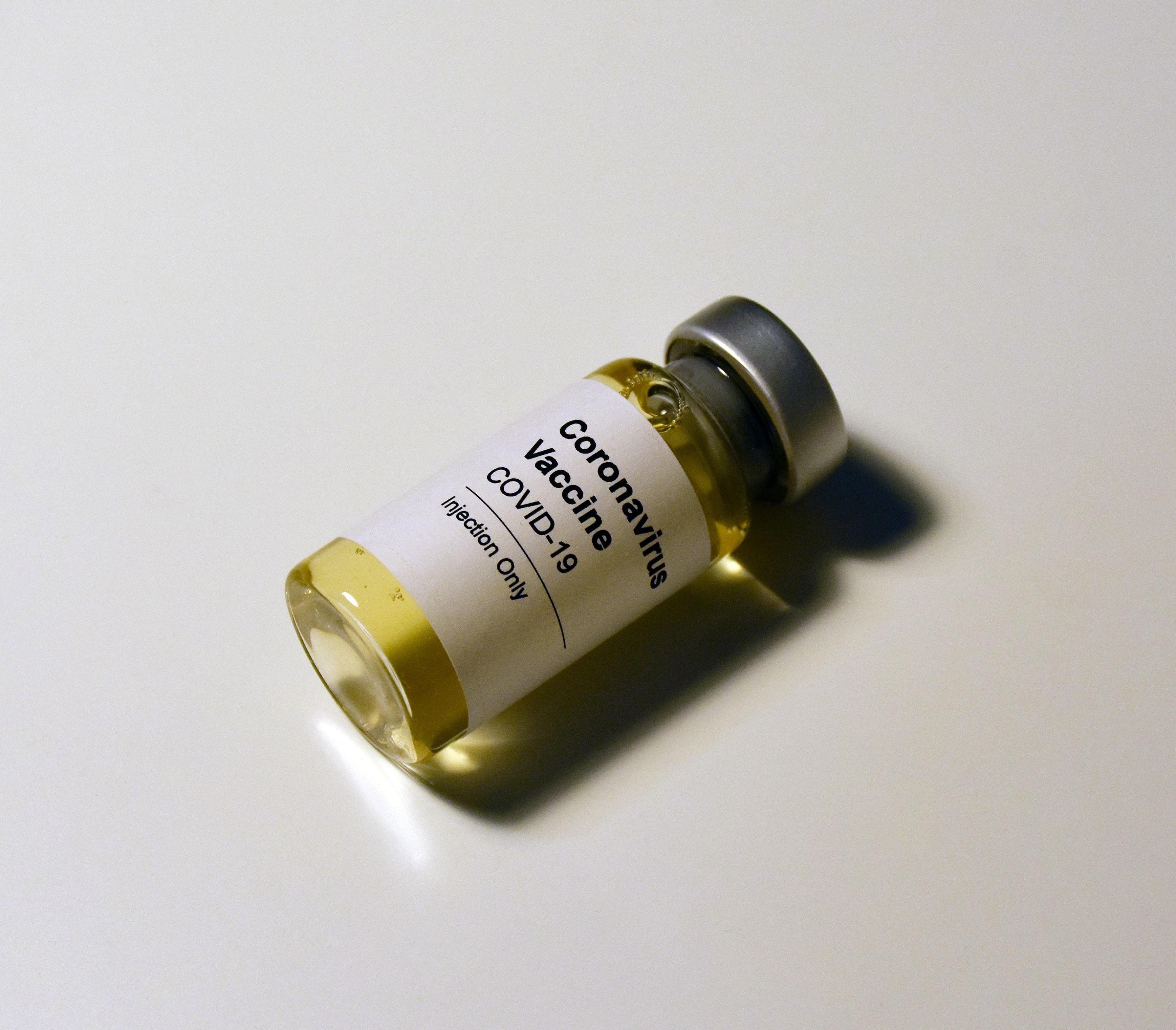
As you line up to get a COVID-19 vaccination, you might observe physical or other barriers that would make obtaining the vaccine harder for friends, family members, and neighbors with disabilities. This includes people with just about any disability, including intellectual or developmental disabilities, mental illness and physical disabilities.
Disability Rights Nebraska is the federally authorized Protection and Advocacy system for people with disabilities in our state. We support and promote the rights of people with disabilities, but we can’t do our job alone. You can help by being our “eyes and ears” on the ground.
Surely, the pandemic poses challenges for conducting large-scale events in temporary locations. As recent news reports indicate, some local vaccination clinics have already realized physical barriers can prevent people from accessing the clinics, which violates the ADA (Americans with Disabilities Act). However, most ADA violations can be easily remedied at low or no cost. To that end, we have written to all 23 county health departments throughout Nebraska about these common problems and provided solutions. If you see any of these problems at your vaccination site, feel free to call Staff Attorney Amy Miller at 402-474-3183. Or email her at amy@drne.org. If you have any questions about the vaccination rollout process, you can contact the Nebraska Department of Health and Human Services’ COVID-19 Information Line at (531)-249-1873 or toll-free at (833) 998-2275.
People with disabilities most commonly face problems that fall broadly into four categories: (1) parking, (2) entrances, (3) other general accessibility issues. Many problems are actually about the physical layout or structure of the temporary clinic, and temporary solutions can create accessibility.
Here are issues you might observe at your vaccination site:
PARKING
- Broken concrete or gravel, making it difficult or impossible for people using canes, walkers, or wheelchairs
- No signage identifying handicap accessible parking spots
- Handicap accessible parking spots far from the accessible entrance
- Too-high curb cuts
Simple solutions include:
- Rubber mats over uneven gravel or broken concrete
- Temporary signage clearly designating handicap accessible parking spots
- Choosing entrances that are closest to the handicap accessible parking spots
- Temporary ramp placed over any curb too-high curb cut
ENTRANCES
Doorways can pose problems in both public and private buildings. The ADA requires a door that can be opened with one closed fist—it should not require grasping or two hands to open the door. Problems with doors you might observe include:
- Too heavy, wrong type of handle, or powered doors not working
- Not wide enough for a wheelchair
- Threshold lip too high for the ADA
- Inoperable doorbells
Solutions include:
- Placing a temporary doorbell outside the door with the difficult handle or stationing a volunteer at the door to welcome people at the entrance
- Installing a rubber cover over doorknobs to transform them temporarily into accessible lever handles
- Propping inaccessible doors open during the clinic hours
- Installing a temporary ramp over thresholds with too-high lip
OTHER GENERAL ACCESSIBILITY CONSIDERATIONS
- Temporary signs explaining that people may ask for assistance if they need an accommodation for their disability
- Temporary signs directing people to elevators, lifts, and accessible entrances
Do you need a sign language interpreter to navigate the vaccination process? We contacted Executive Director John Wyvill at the Nebraska Commission for the Deaf and Hard of Hearing (NCDHH) regarding accommodations for people with hearing disabilities. He suggested “While we are awaiting a response from Health and Human Services regarding this issue, feel free to have folks call us if they need communication access at the vaccination sites. Ideally contact us before the day of and we will have a team member work with them to get it.” The Commission is currently gathering information and working with the State to make that process more seamless and user friendly. Phone numbers for your local NCDHH office are listed at the bottom of this website.
In our experience, Nebraskans are good neighbors. They want to help people once they understand barriers exist. We believe it’s possible to make every vaccination clinic completely physically accessible. It’s not just required by federal law—it’s the way we take care of each other in the Cornhusker state.
Amy Miller is a staff attorney at Disability Rights Nebraska. Molly Klocksin is a case advocate at the agency.


